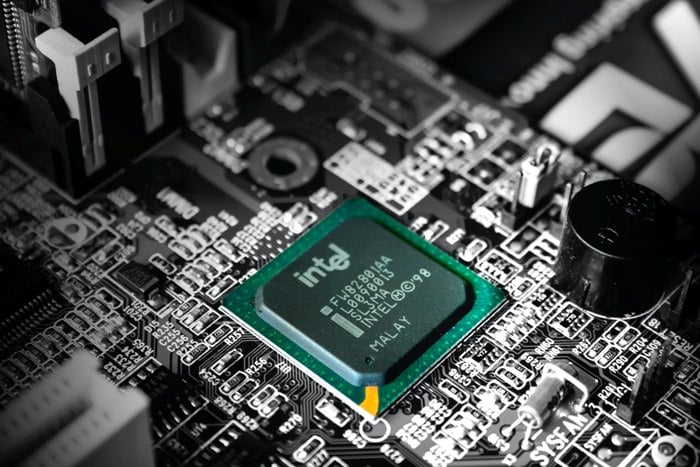The German government refuses to give Intel 10 billion dollars for the semiconductor factory

Intel, the global chip-making giant, asked the German government to dig a little deeper into its pockets – about €10 billion deeper – to support your massive new manufacturing plant in Magdeburg. But like any budget-conscious friend, German Finance Minister Christian Lindner told you: “There’s no more money available.” You see, the country tightens the belt, not widens it.
Remember how excited you were last year when you announced that €17 billion project? That facility promised to be your jewel in Germany, the country’s most significant post-war foreign investment. It is part of a larger goal for the EU to double its semiconductor market share by 2030 and reduce dependence on foreign suppliers.
But Lindner, a member of the Free Democratic Party, is not a big fan of subsidies. His position is causing a family feud within the German government as they hammer out next year’s budget. Even though Chancellor Olaf Scholz thinks your factory is a “high priority,” he also pointed out that “the taxpayer always pays for subsidies” — a significant consideration.
A compromise that has been suggested is to give you, Intel, cheap electricity for your factory in Magdeburg. That is an excellent suggestion—reducing your monthly costs instead of additional funds. But Germany is not your only friend. You’re all set to receive over $20 billion in US subsidies for your exquisite new chip factory in Ohio.
Construction of Intel’s chip factory in Germany is due to begin later this year, and by 2027 it hopes to start actual production. However, unless Germany finds the extra cash, you’ll have to fork out the remaining €10bn. Who said building world-class chip manufacturing facilities were cheap?











